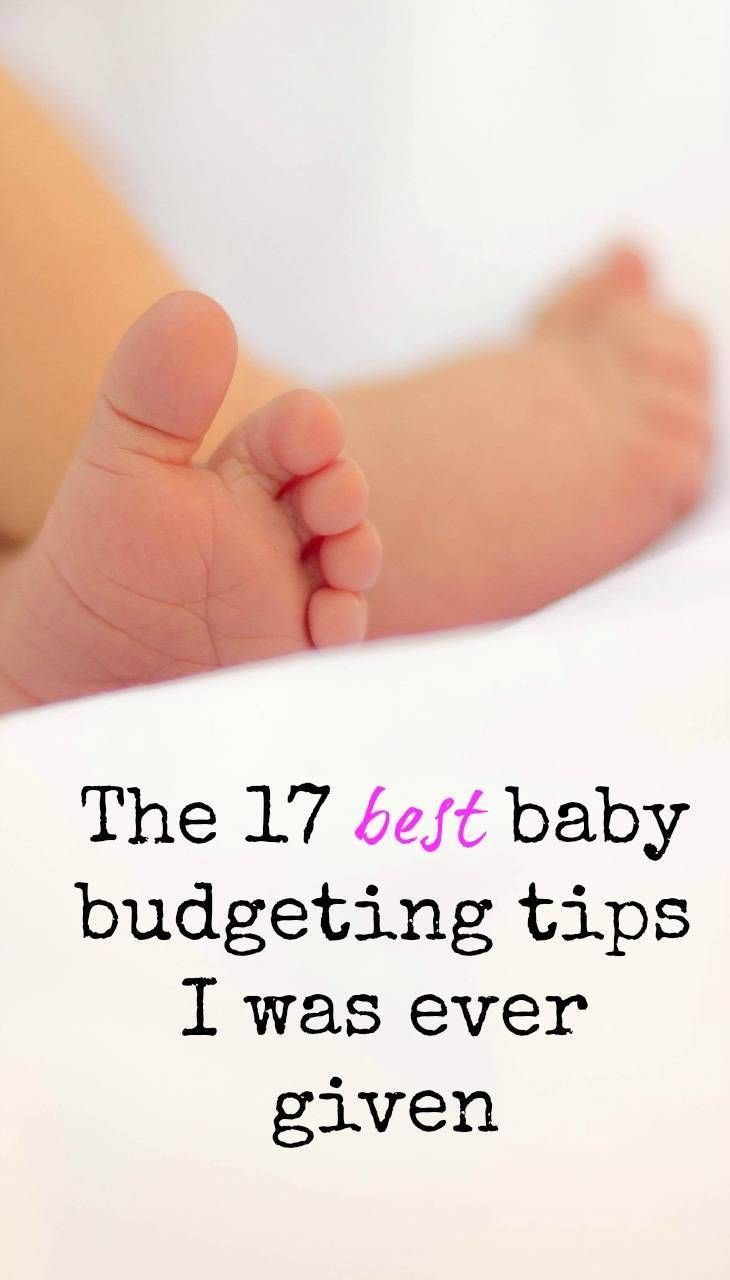
Couples wishing to start a family must plan ahead for baby products, medical expenses, living on a single income as well as childcare costs.
New parents often struggle financially once the baby arrives. The best way to manage family finances is to plan ahead. Here are some general pre-baby budgeting ideas for parents-to-be.
Cost of Baby Products
Babies have very special needs and these must be met accordingly. Some baby products like cots, prams, baby car seats, high chairs, diapers and clothes can be bought in advance. Work out items that are needed and how much these will cost in the long run. Then, look out for sales and promotions. Scour the Internet and baby websites to compare prices of more costly baby products. Used baby products from family and friends can help cut expenses as well.
Medical Expenses for Mother and Baby
Preparing for medical expenses for both mother and baby is an absolute must. Find out how much antenatal check-ups, tests and baby delivery will cost from the clinic or hospital. Check with the private health insurance company what kind of maternity cover is available and find out exactly what is covered and what isn’t. It’s also worth asking whether neonatal intensive care is covered just in case it is needed. List down all possible medical expenses and work out how to be prepared for them.
Living on a Single Income
If both partners work, it may be a good idea to financially prepare for a baby by living on a single income way before the baby arrives. This is important if there will be a temporary loss of one income when the mother stays home to look after the baby for the first few months after birth.
This practice can start when a couple is planning to conceive or even earlier. In fact, the earlier, the better. There are two main benefits of doing – it gives the couple a real understanding on how tough it really is to live only on a single income as well as save the second wage for future family uses or investments.
Childcare Costs
If the mother is planning to rejoin the workforce, childcare costs must also be considered. The type of childcare looked into depends on whether the mother is going back to work full-time or part-time. Often, women find that it makes no financial sense to go back to their old full-time positions because the costs of childcare often negate whatever they earn.
Work out what type of childcare is suitable and find out rates from preferred childcare centers or carers. Don’t wait until the baby arrives, or worse, two weeks before returning to work to start looking for a childcare option and asking about childcare costs!
Having babies is a costly venture. That’s why would-be parents need to have some pre-baby budgeting ideas. Financial matters to consider before starting a family include the costs of baby products, medical expenses of mother and baby, practicing living on a single income as well as childcare costs should the mother decides to return to work.
Found this article useful? Read also Money Management for Parents, Smart Household Money Management and Living on a Single Income.
